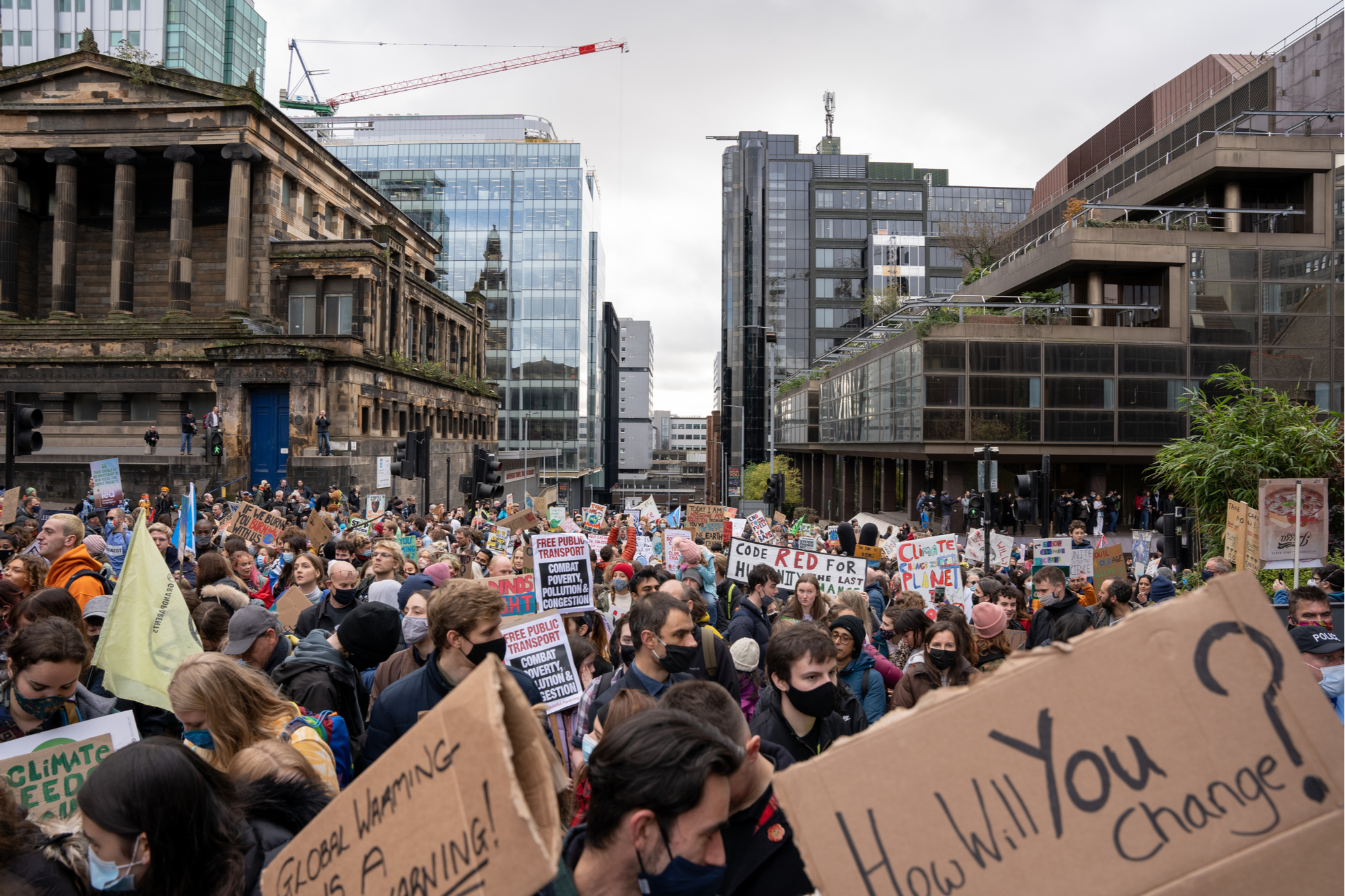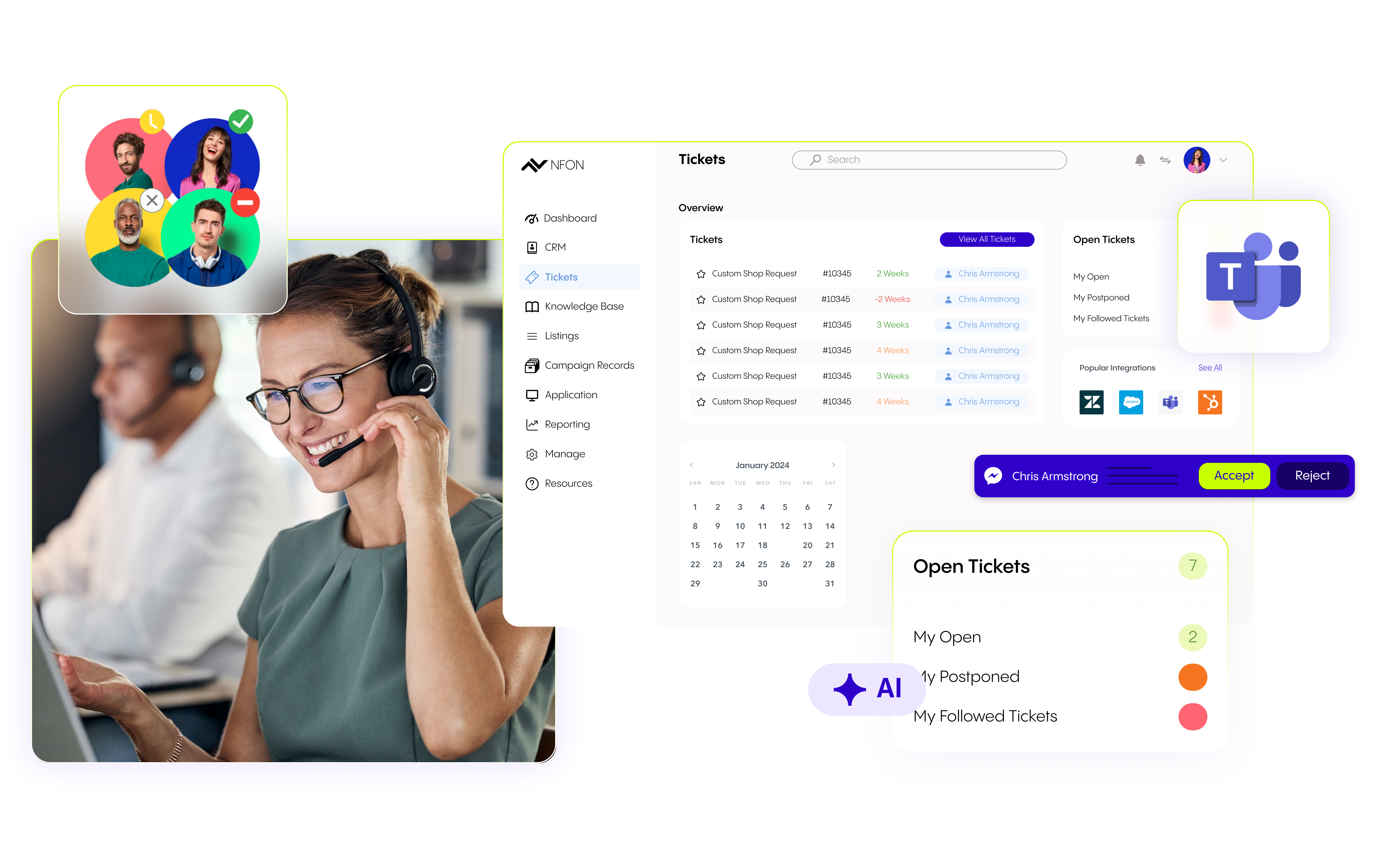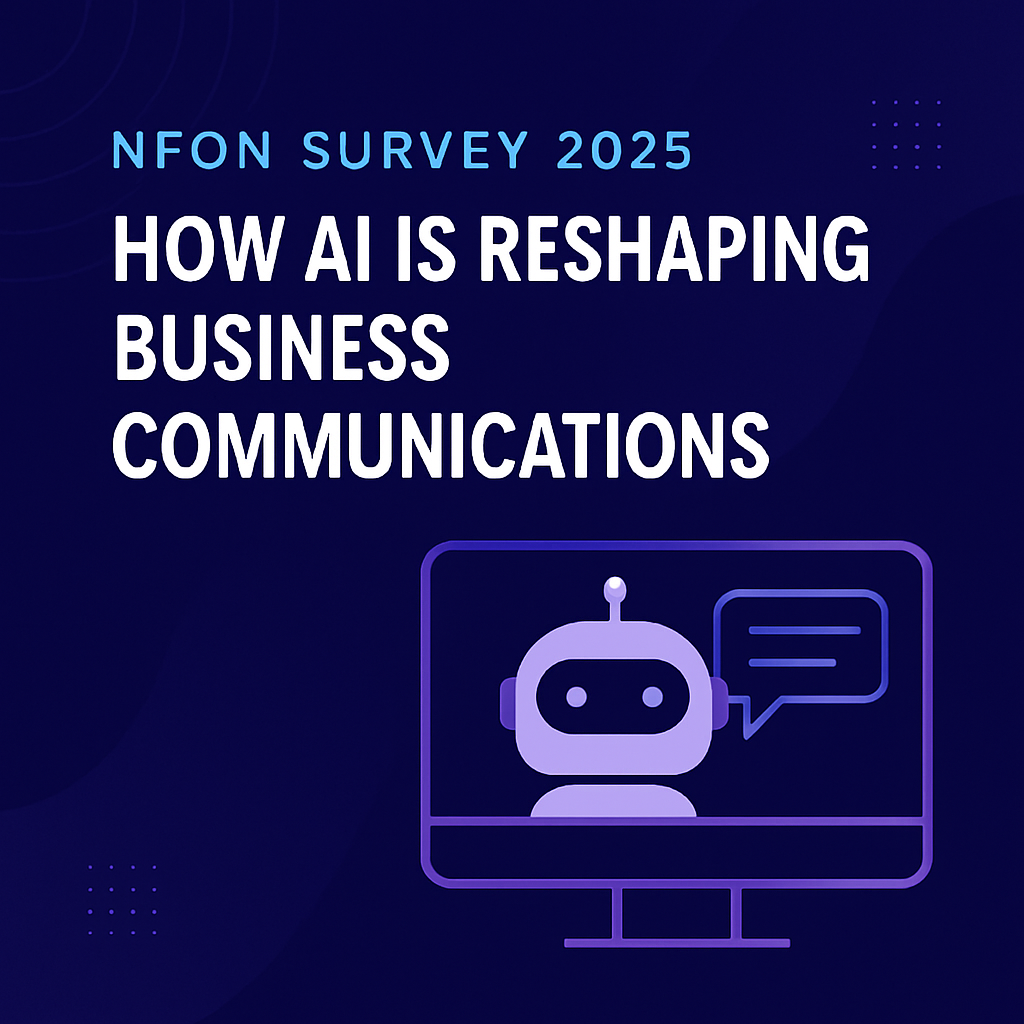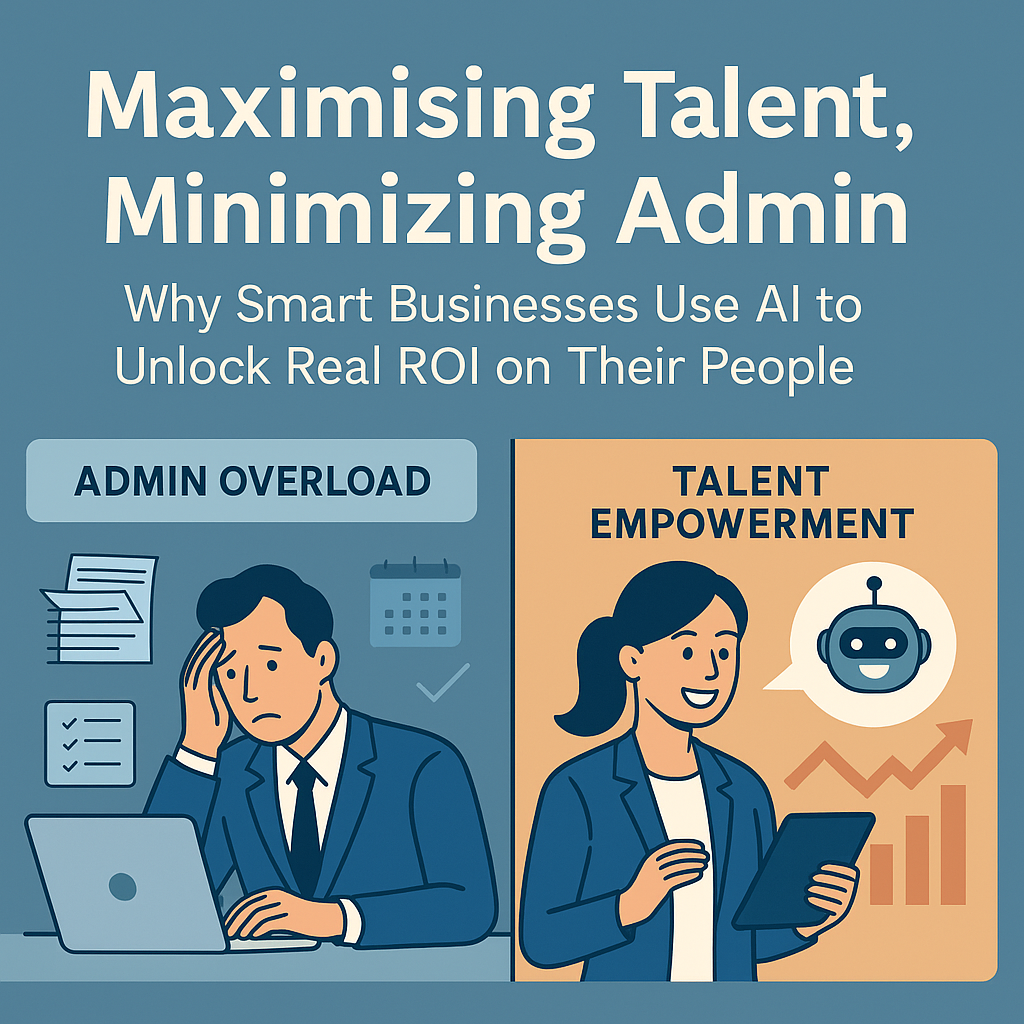The COP26 conference held in Glasgow, from 31st October to 13th November 2021, put the need for delivering climate change commitments from global leaders on the international stage. The path to Net Zero by 2050 and keeping the global temperature at 1.5 degrees, as set out in the Paris agreement, formed a major talking point. The swift investment in technologies, from electric vehicles to communication platforms to engage with communities, was also well established. The role of public sector is increasingly seen as a crucial, commanding force to achieve sustainable initiatives, and there is much work to be done by public sector organisations to meet and exceed expectations.
At the conference, the ‘Tech for our Planet’ programme launched by the Cabinet Office provided a platform for start-ups to pilot technology to help organisations reach Net Zero targets and showcase their best tech solutions. The ambition of the programme was to demonstrate how digital and data solutions can make a significant and urgent contribution to the global climate effort. It cemented the notion already catching on - that there is technology for everything, and with it more efficient, more cost-effective, more sustainable deliverables - from reducing food waste in homes, to software that calculates your carbon footprint (and how to reduce it) to web-based climate community engagement hubs to assist local authorities with decision making.
Other public sector presence at COP26 included the Local Government Authority (LGA) joining with University College London to deliver ‘the Net Zero Innovation Programme’, which focussed on delivery mechanisms available to cities and regions to achieve digital transformation, at the right level. For the question should no longer be: ‘how can the public sector achieve digital transformation?’ – rather, it should be: "how can our digital transformation be sufficient, sustainable and ever-evolving?". Collaboration amongst Central and Local Government, Local Authorities, colleges, and universities as well as local businesses is necessary in the collective effort to reach Net Zero. Public sector organisations should be actively seeking new partnerships and technology is well-placed to instigate, navigate and promote collaboration.
Digital solutions are quite literally all around us. According to UCL Public Policy, 90% of technologies needed to drastically reduce global emissions already exist, and we must tap into them in creative and collaborative ways. The public sector has an historic opportunity to set the mark, as it becomes more widely accepted that climate action is not voluntary but a duty for all. The ambition for it has never been higher - over half of the UK’s largest businesses have already committed to reducing their carbon emissions by 2050, representing a total market capital of £1.2 trillion. What we are left with is a time for action, and the clock is ticking loudly.









